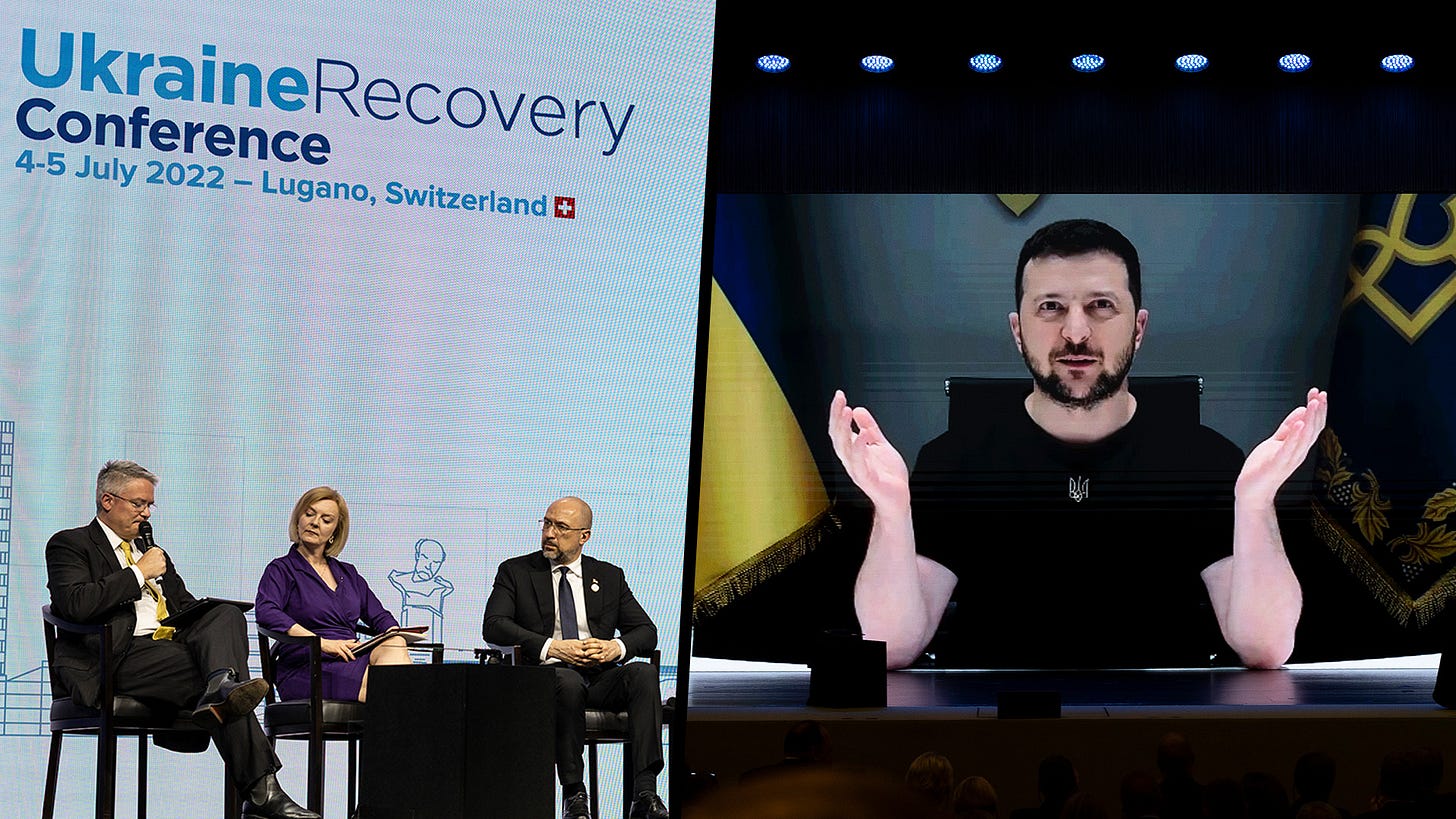Polish politics has become the domain of ignoramuses and lowlifes who ineptly mask their profound lack of competence with viciousness and belligerence under the rule of the Catholic fundamentalists of the Law and Justice (PiS) party.
Here’s an example of a
typical political day in Poland.
There is of course no place for discussions about the interests of various social groups, nor is there any debate about strategies, perspectives, development directions, or reform ideas. This is due to the Polish authorities’ constant production of hot air around various divisive topics, evoking emotional arguments and meaningless quarrels over symbols. The only way for Law and Justice to remain in power is to keep public opinion in a constant state of emotional imbalance. PiS will rule as long as the electorate is convinced of perceived threats (Russia, Germany, the EU, Muslims, Jews, LGBT, you name it). At least, that’s how party chairman Jarosław Kaczyński and his ilk envision it.
However, because scaremongering is used on a daily basis, as well as the apologetics of Poland as a country and a nation, there are frequently, due to the wear and tear of the material, even cabaret-like stumbles in the application of this strategy.
Here’s one from the day before yesterday. On the occasion of his visit to Poland on November 18, European Commissioner for Justice Didier Reynders spoke about the devastation of Poland’s legal system and explained that Poland has an obligation to abide by the rulings of the European Court of Justice; otherwise, the authorities in Warsaw will have to pay severe financial penalties, which have already been imposed on Poland. He also discussed at length the PiS government’s restrictions on the independence of judges.
While receiving the Commissioner, Polish Justice Minister Zbigniew Ziobro presented him with two photographs of Warsaw destroyed in 1944. Just
a silly joke
that probably only Ziobro understands; anyone else with even a smidgeon of mental awareness can only be overwhelmed with extreme embarrassment.
“I took the liberty of referring to the symbolism of these photographs and this location during a factual conversation that took place in a very pleasant atmosphere, demonstrating that Poles are and will always be extremely sensitive to the principle of equal treatment and respect for individual European countries,” Ziobro explained at the conference.
Ziobro has exclusive knowledge of how Second World War photographs of devastated Warsaw express the Polish Justice Ministry’s sensitivity to the principle of equal treatment of EU countries!
This, however, proved to be just the beginning. It was Ziobro’s deputy who added some real zing to Poland’s reaction to Reynders’ remarks.
Michał Wójcik, Poland’s Deputy Minister of Justice, decided to spout off in public.
In typical Trump fashion,
he lectured EU Commissioner Reynders on Twitter, claiming that because he “comes from Belgium, a country whose statehood is less than 200 years old,” he has no right to judge 1000-year-old Poland.
It is an obvious lack of basic culture, which could be overlooked if practiced by a random citizen looking to participate in a Twitter war, but we should expect some seriousness from a minister. After all, this is the state, the ministry, the government, some kind of majesty; especially as perceived by a representative of the political camp that considers itself the flamboyant owners of the monopoly on patriotism. Meanwhile, Poland’s deputy justice minister creates the impression that the Polish government is a sort of cowshed where any random buffoon is free to run wild.
“Commissioner Reynders is from Belgium, a country founded less than 200 years ago. He is a visitor to Poland, which has a history that dates back over 1,000 years. It is not appropriate to teach us the rule of law for this reason alone” Wójcik stated on Twitter.
The Polish right wing is enamored with historical manipulation, but it is also enamored with displaying primitive stupidity. Its luminaries are fond of unbelievable anecdotes, aphorisms, and fabricated stories that purport to demonstrate
Poland’s supposed civilizational superiority over countries in Europe’s Western hemisphere.
In this context, it is worth recalling an embarrassing incident from 2016, when PiS had been in power for less than a year and had already decided to demonstrate ignorance and buffoonery. Poland sparked a serious international incident at the time by abruptly terminating a contract for the purchase of French-made military helicopters.
In October 2016, then-Deputy Minister of Defense Bartosz Kownacki commented on the French diplomatic retaliation for the Polish authorities’ actions. The French had changed the status of Polish delegations invited to the international arms show Euronaval 2016 from official to unofficial. The Polish delegation was no longer entitled to free lodging and a car with an officer to accompany them. They were unable to participate in the official meeting program.
“[The French — ed.] are people who learned to eat with a fork from us a couple of centuries ago, so maybe that’s why they are behaving this way now,” Kownacki said in an interview with Polish television station TVN.
Aside from the arrogance and infantilism displayed by the Polish minister in this manner, it should be noted that forks arrived in Western Europe and Poland around the same time. Actually, historical evidence supports the opposite thesis, namely that they appeared in the West shortly before in the areas that are now Poland.
As a result, Kownacki’s insult fell flat, and the phrase “teaching the French to eat with forks” has become a symbol of arrogance and megalomania in Polish.
And now for some actual history, not the PiS version.
While Belgium as a country with its current name and structure was indeed established in 1830, the history of statehood in these areas dates back much further, to the Roman Empire.
However, various states existed in what is now Belgium, or it was a part of larger state organisms. Since the early Middle Ages, the area that is now Belgium has been one of the most economically developed parts of Europe, if not the entire world, with a vast civilization that includes widely admired works of architecture and art.
Adam Leszczyński, a Polish historian, made the following observation:
Flanders and Wallonia, the two main components of modern-day Belgium, had well-developed state structures long before the establishment of the Piast’s [the first Polish royal dynasty — ed.] state in the 10th century. Prior to that, the territories of modern-day Belgium were part of developed state organisms such as the Roman Empire (until the 5th century AD) and the Frankish kingdom, which was later succeeded by the Carolingian monarchy. For example, the counts of Flanders have been counted among the original twelve peerages of France — the most important feudal lords of the kingdom — since 862, demonstrating their wealth and power.
Slavic statehood, if it existed at all, was in its infancy in the territories of modern-day Poland at the time.
Photo: (source: The Barricade)
The Barricade is an independent platform, which is supported financially by its readers. If you have enjoyed reading this article, support The Barricade’s existence! See how you can help – here!
Also, you can subscribe to our Patreon page. The Barricade also has a booming Telegram channel, a Twitter account and a YouTube channel, where all the podcasts are hosted. It can also be followed in Rumble, Spotify, SoundCloud and Instagram.











